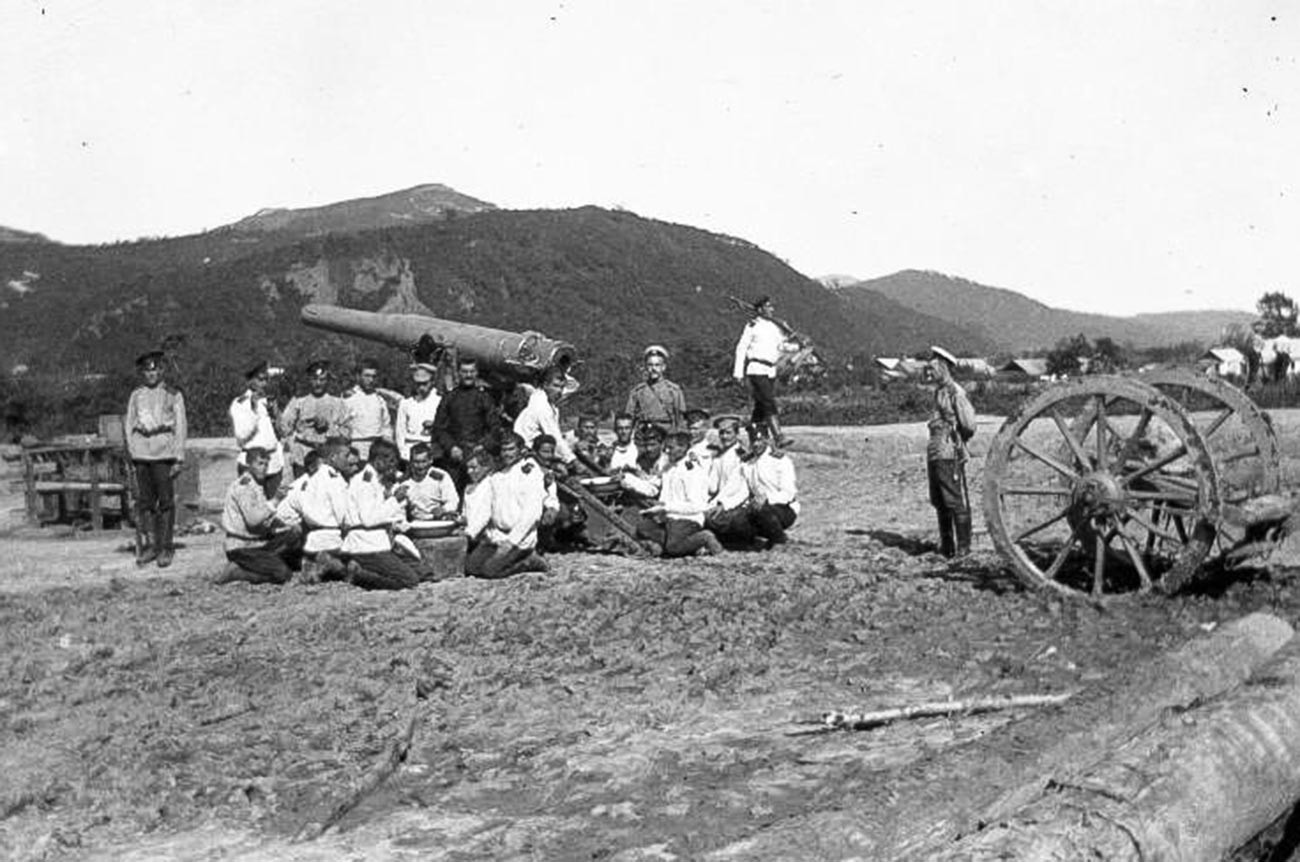5 facts about the treaty that ended Russia’s disastrous war with Japan
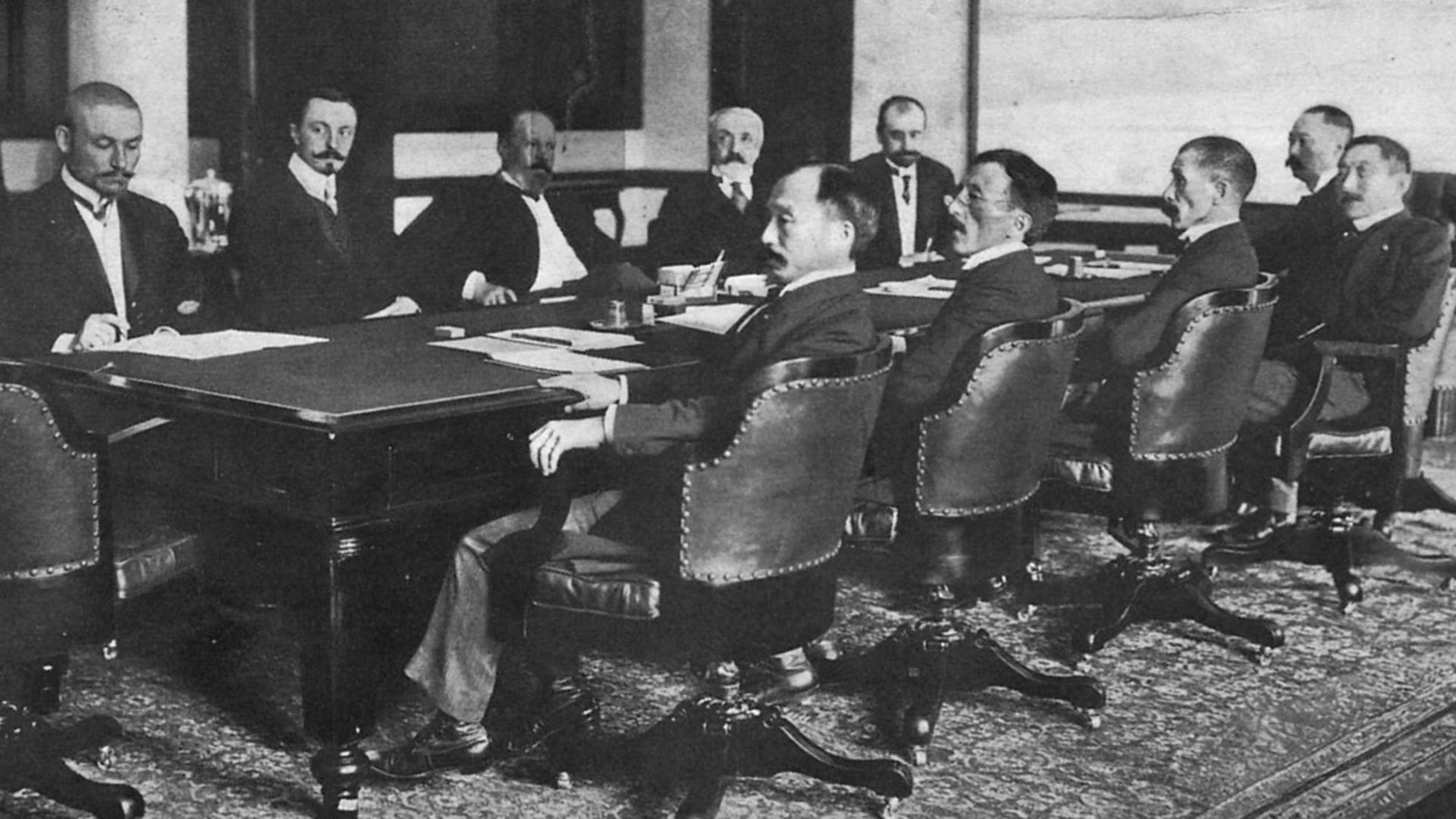
Treaty of Portsmouth delegations.
Public Domain1. In fact, it wasn’t so bad for Russia
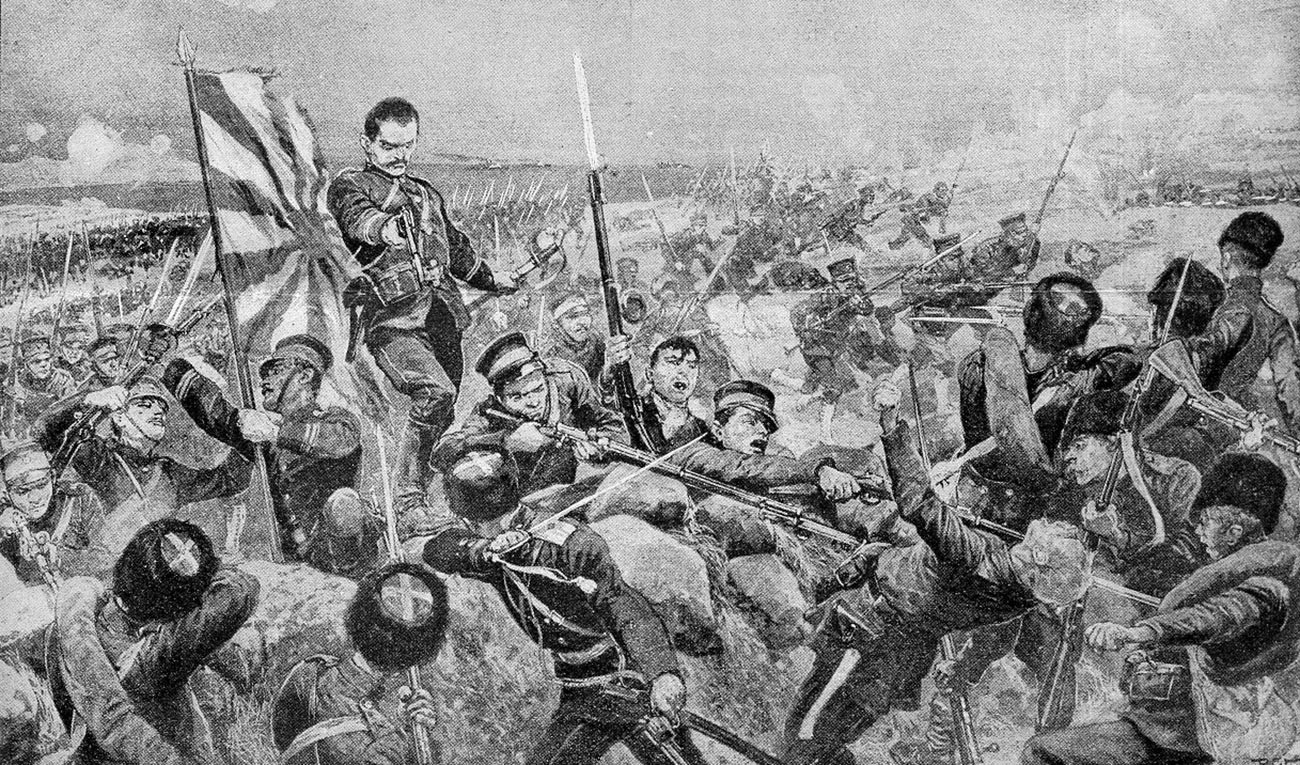
The Russo-Japanese war turned out to be a catastrophe for Russia. The country couldn’t win a single major battle and suffered one of the worst naval defeats in its history in the Tsushima Strait in late May of 1905. Everything indicated that the Russians would pay a high price. However, the tsar’s diplomats, led by Sergey Witte, held a firm position, surprisingly rejecting most of Japan’s demands. Tokyo itself hadn’t much resources left to continue the conflict and was forced to ask less from its defeated opponent.
As a result of negotiations, Russia granted Japan “free hands” in Korea, ceded its naval base of Port-Arthur in the Liaodong Peninsula and only southern Sakhalin (not in its entirety, as Tokyo insisted). It also rejected Japanese demands to limit its land and naval forces in the far eastern region or pay contributions.
“Nobody awaited such a pleasant result for Russia and the whole world screamed loud that this was the first Russian victory after more-than-year-long war and permanent defeats,” Witte later wrote in his memoirs.
2. The U.S. President was a mediator
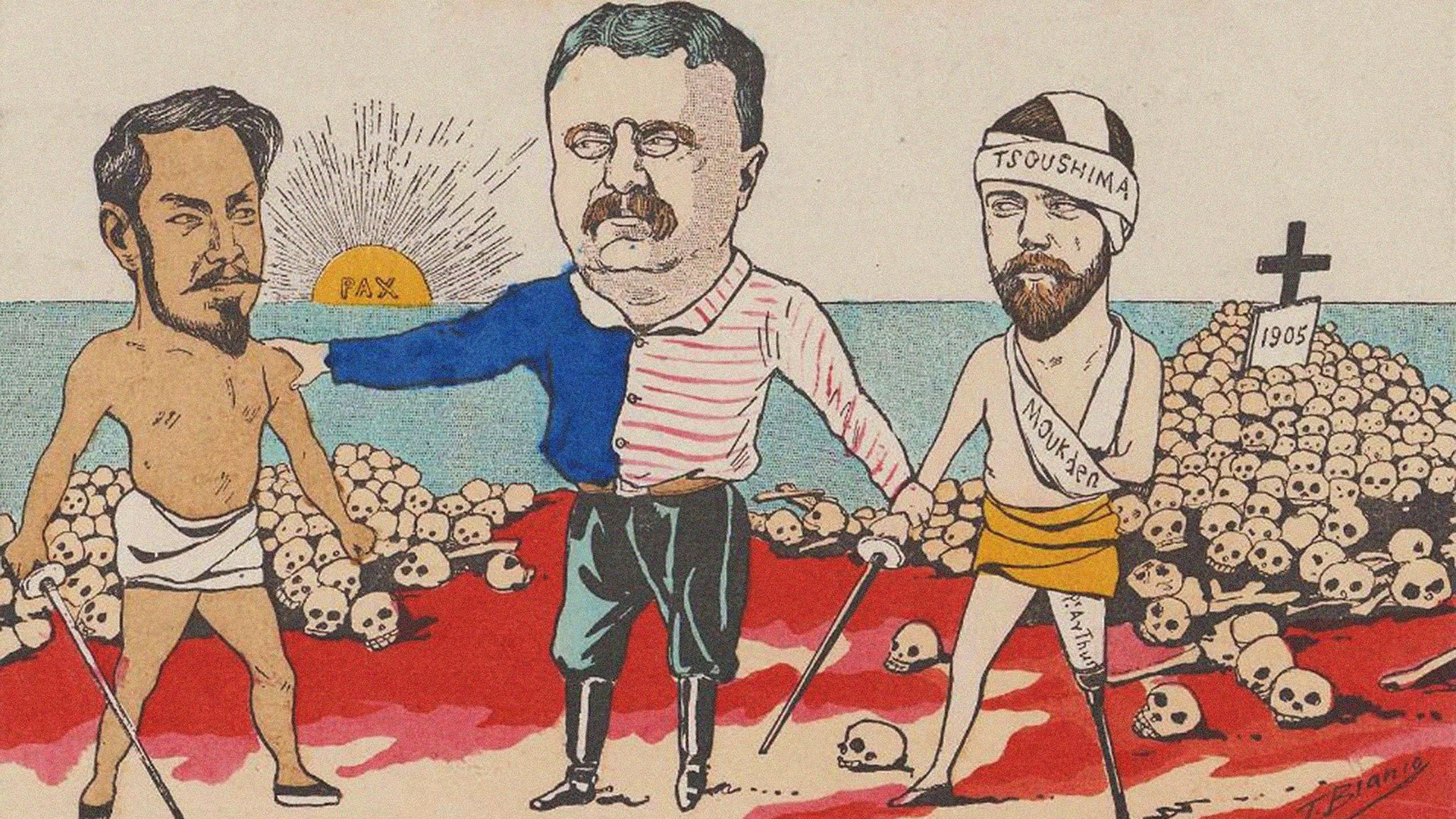
A caricature on the Treaty of Portsmouth, 1905.
Getty ImagesTheodore Roosevelt was asked by the Japanese to be a mediator in the negotiations, since they knew his pro-Japan position. However, as the talks moved on, the American President realized that if all Japanese demands would be accepted, the Land of the Rising Sun would become too strong in the Pacific and would pose a threat even to the U.S. Roosevelt changed his mind and contributed much to the treaty being signed on milder terms.
3. Japanese were outraged with the treaty
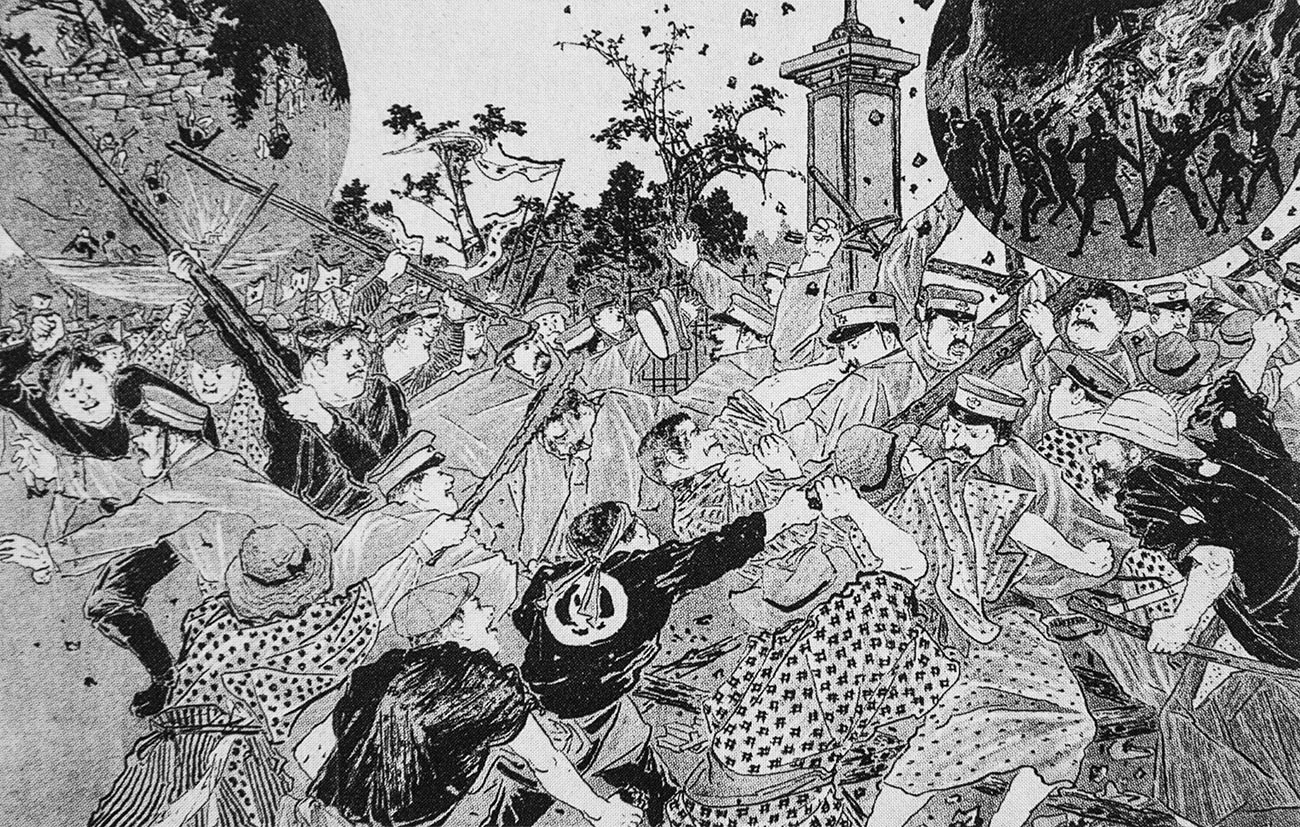
Caricature Of Hibiya Incendiary Incident.
Legion MediaConclusion of the Treaty of Portsmouth caused major riots in Japan, the so-called Hibiya riots. The Japanese were especially angry that their country, despite being a winner, neither got northern Sakhalin nor a penny of contribution (the war cost much to Japan’s economy).
After an outraged crowd of around 30 thousand people had gathered in Hibiya park in Tokyo, it destroyed most of the police stations in the capital. As a result, 17 people were killed and almost a thousand wounded. The riots led to the collapse of Prime Minister Katsura Tarō and his cabinet.
4. Russia lost its military prestige
The Treaty of Portsmouth may have been a diplomatic success for Russia, but the country lost much in its international prestige. Thus, even weak China, always frightened of its northern neighbor, started to look at Russia as a “paper dragon”. Nobody among great powers believed anymore that the country had any potential in the Far East. And in fact, it didn’t. Russia was forced to change a vector of its foreign policy from East to West, and concentrated itself completely on business in Europe.
5. The Soviet Union took revenge over Japan 40 years later

The loss in the war against Japan was a bitter heritage for the Soviet Union of its predecessor — the Russian Empire. The country had to deal with a permanent Japanese threat on its borders. The problem was only solved in 1945, when the Red Army crushed the Kwantung Army in Manchuria. The Treaty of Portsmouth was terminated on 2 September 1945, almost 40 years after it was signed, when the capitulation of the Japanese Empire was announced. Subsequently, the Soviet Union got southern Sakhalin back.
If using any of Russia Beyond's content, partly or in full, always provide an active hyperlink to the original material.
Subscribe
to our newsletter!
Get the week's best stories straight to your inbox
